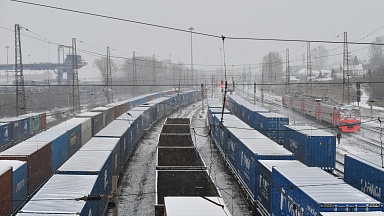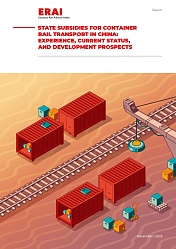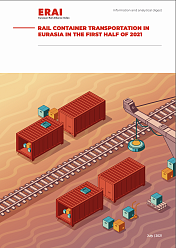Only 54,2 million tonnes of freight were transported on the Polish rail network in the first quarter of 2024. This is the lowest number since the second quarter of 2020, at the start of the Covid pandemic.
In particular, the transportation of coal, natural gas and crude oil fell significantly. Poland recorded 16,1 million tonnes of coal being transported on its rail network in Q1 2024, which is 27,7 per cent lower than during the same period of the previous year. Its share of total volumes also fell from 37,1 per cent to 30,5 per cent.
Similarly, the volume of metal ores and other mining products dropped by 4,6 per cent to 13,4 million tonnes. This freight category even overtook coal, gas and oil in terms of the share of tonne-kilometres at nearly 24 per cent. The latter remained at approximately 20 per cent.
Coal takes down PKP Cargo
Coal takes up a central role in developments in the Polish rail freight sector. As state-owned rail freight operator PKP Cargo is in deep financial trouble, it partially refers to coal as the underlying reason for the company’s fall from grace.
In 2022, Prime Minister Mateusz Morawiecki ordered the company to prioritise coal transportation on the Polish network. PKP Cargo now says that that measure was financially harmful to the company, and is seeking to hold the previous management board accountable for going along with the previous Prime Minister’s policy.





